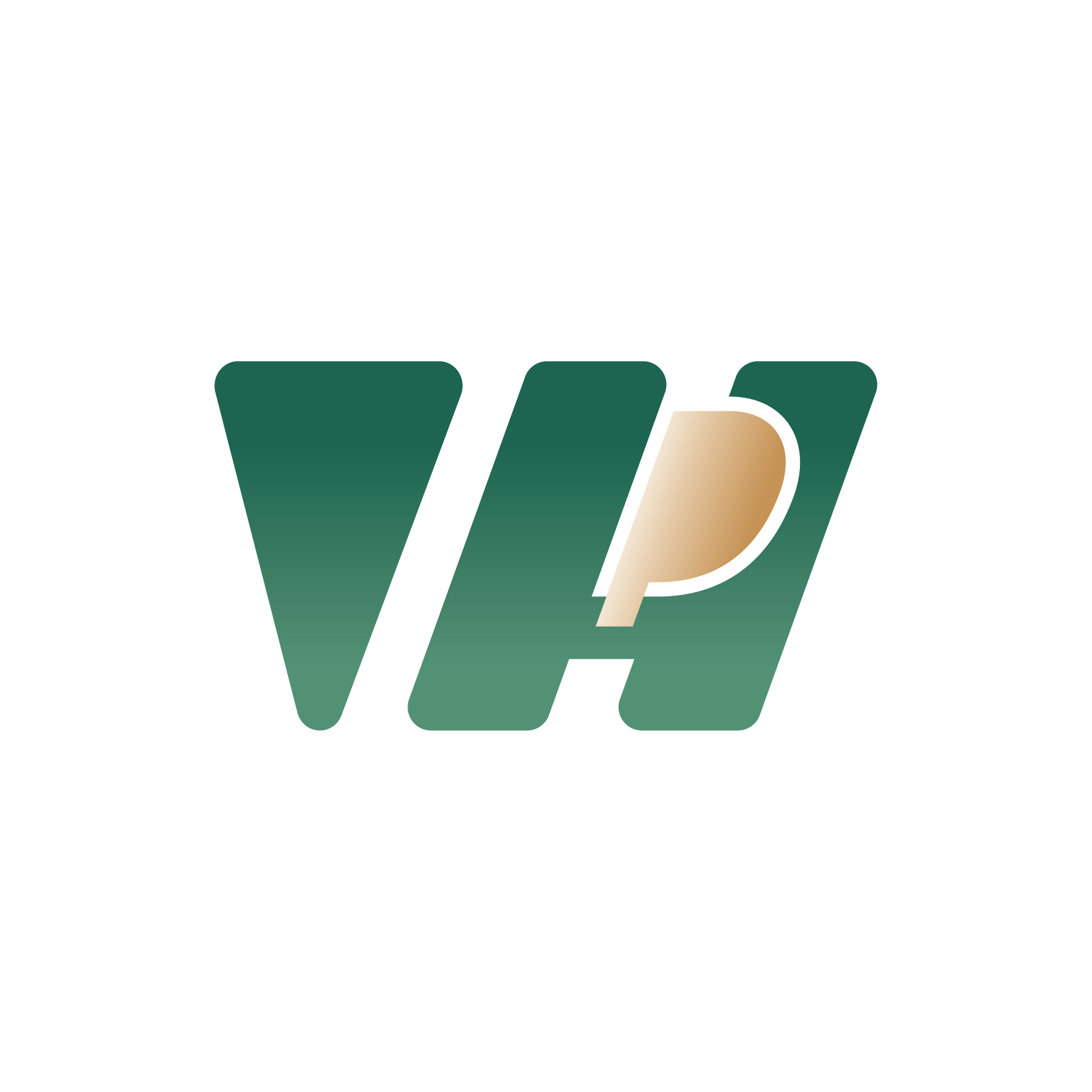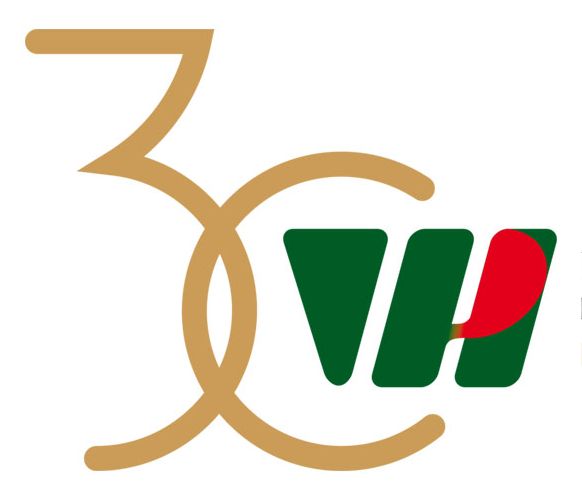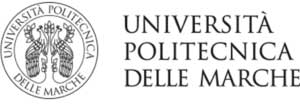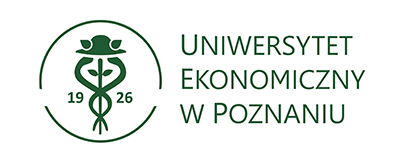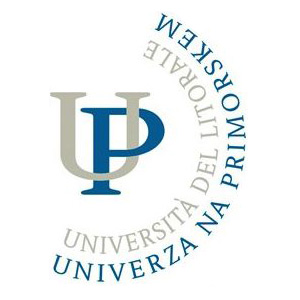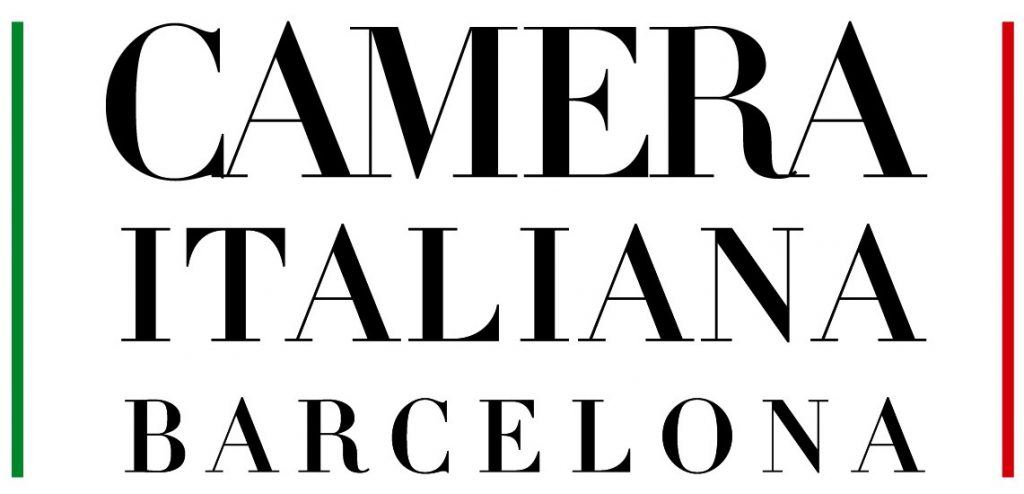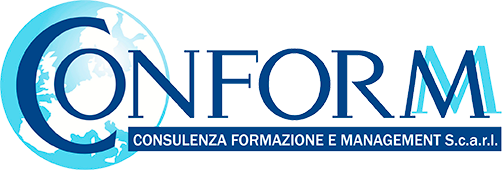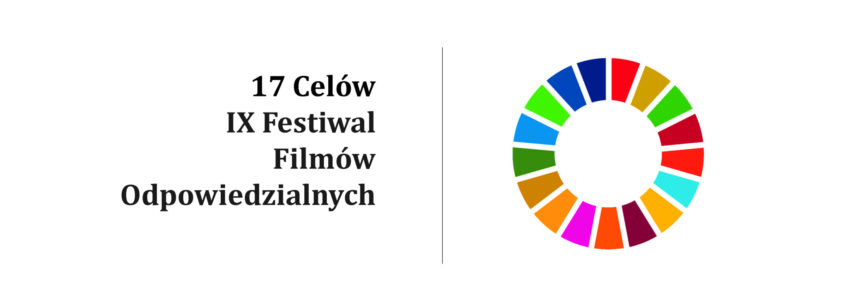W dniach 22-27 września 2024 roku w Poznaniu (w formule hybrydowej) odbędzie się IX edycja Festiwalu Filmów Odpowiedzialnych „17 Celów”. Czytaj dalej
S.Ma.R.T – Sales Management & Relationships for Trade
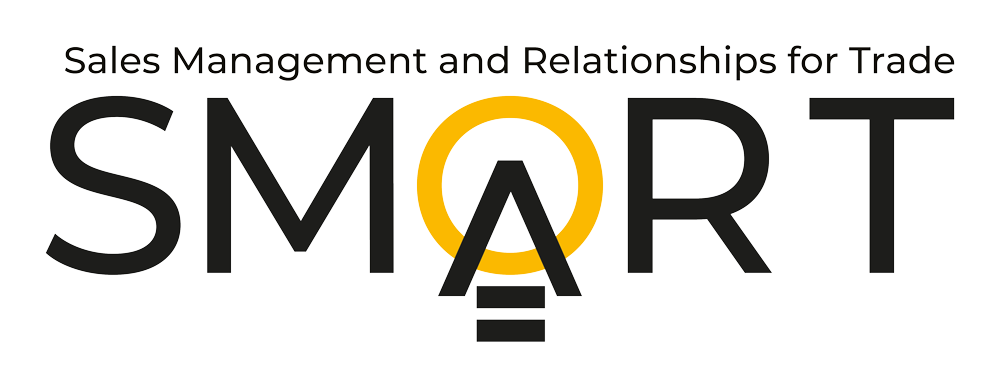
The EU is a leader of global trade: in 2012, EU agriproduct exports reached a record high of 138 billion €, 7% of all EU exports (European Commission, Monitoring EU Agri-Food Trade: Development until July 2019). Agriproducts represent 10.6% of intra-EU trade with internal market value of 372 Bn € (DG Agriculture and Rural Development, Farm Economics Unit, Statistical Factsheet 2019).
Agriculture and the food related industries and services together provide almost 44 million jobs in the EU. The food production and processing chain accounts for 7.5% of employment and 3.7% of total value added in the EU (DG Agriculture and Rural Development, Agri-food trade in 2018: another successful year for agri-food trade)
The food and drink industry is the EU’s biggest manufacturing sector in terms of jobs and value added.
The above calls for the pivotal role of retailers and distributors to add value through branding and marketing high quality EU agriproducts. This requires market intermediaries able to properly operate in global markets, both as suppliers and buyers of high quality EU agriproducts.
At present there is no curricula in HEI to empower such market intermediaries with the set of knowledge and competences to tackle the challenges of ever-changing global markets for agriproducts. What is currently available are curricula that focus in a compartmentalised way only on one aspect of generalised agriproducts: students either study agronomy, or law for international trade, or marketing, etc. Such “silos” approach undermines the ability of the EU to maintain its global market share and enhance efficiencies of the Internal Market through better positioning of its products.
There is the need to establish innovative curricula to educate professional intermediaries to properly position on both the supply (i.e. producers/sellers) and the demand side (i.e. international buyers) EU high quality agriproducts.
SMaRT will develop, test and validate and promote a 20 ECTS credit course based on a balanced mixture of classroom, e-learning, game-based learning and WBL, embedded in the current educational offer of 4 HEIs in 4 Countries, which will be promoted and maintained for at least three years after the end of funding. During the project at least 80 students (20 per country) will be directly involved in the course.
Concrete results are:
- the design and adoption of a new university learning curriculum, centred on international sales management in the agri-food sector, which is configured as an integrated and permanent international framework that, through the change in the methodological paradigm, allows the development of target skills, with innovative, blended, interactive, game-based, flexible and methods and forms adaptable to individual needs
- digital integration in learning, favouring access to a plurality of OER, in the form of interactive video pills, which can be freely accessed online for at least two years after project end,
- to allow a wide audience to students to acquire and maintain technical/managerial/commercial/relational skills over time, functional to s develop processes to increase sales volumes of agri-food SMEs, through effective management of commercial processes
- the adoption of a European model of interactive and game-based university teaching, capable of evolving learning methods, tools, solutions and situations to favour raising the level of managerial culture of students and valorising new talents for International Sales Management, generating new, concrete employment opportunities in the agri-food
- the development of game-based learning forms and opportunities favoured both by the creation of the PlaS – Play to Sale game in episodes as an interactive recreational-educational Knowledge hub, to develop and evaluate skills to manage business processes and increase volumes of sale of SMEs in the agrifood sector and through the conception and construction in the classroom of real challenges to be faced and resolved
- the creation, through socialization spaces on the net, of networking opportunities, to aggregate ideas, experience, skills and job-placements
- the involvement of a group of 80 students (20 per country) in testing the training course
- the achievement by the partnership trainers, following the mobility, of a methodological alignment with the teaching techniques to develop instructional design and game-based
- SMART solutions can be easily replicated in all EU countries that wish to enhance their high quality agriproducts’ visibility and competitiveness in other markets as they produce high quality agriproduct sand contribute to making the food sector the second most important manufacturing sector of the EU as a whole.
More about: https://smarteuproject.eu/
Rozpoczęcie naboru
Dzisiaj, 3 kwietnia 2024 od godz. 8.00 rozpoczął się pierwszy etap rekrutacji w ramach projektu „Usługi rozwojowe dla pracowników i pracodawców podregionu leszczyńskiego” Czytaj dalej
Horyzont Europa: Poszukiwany partner do projektu w zakresie łańcuchów dostaw i recyklingu
Firma rozlewająca napoje w Afryce Północnej i Zachodniej poszukuje konsorcjum do projektu w zakresie zwiększenia obiegu zamkniętego w łańcuchach dostaw tworzyw sztucznych. Czytaj dalej
